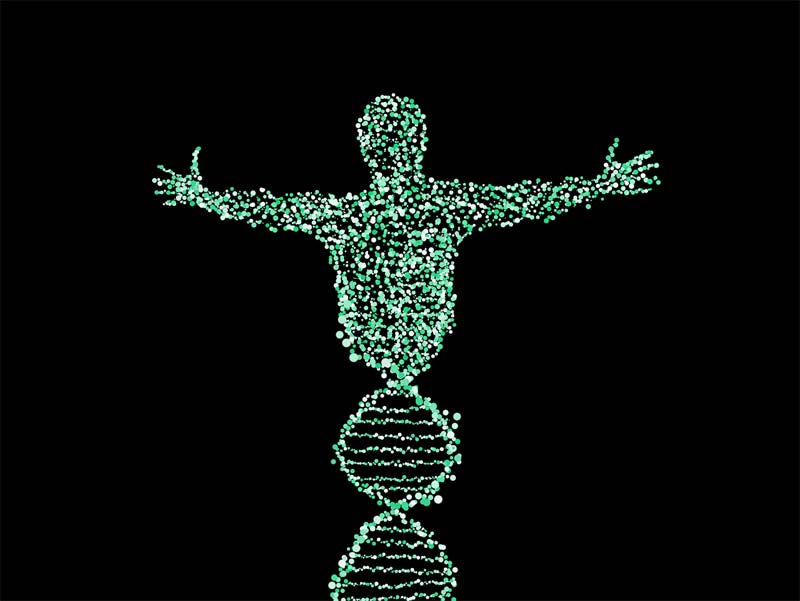
In theory, taking a DNA test to reveal your ancestry is optional. A study in the journal Science last week claimed that within a few years, it will be possible to identify some 90 percent of white Americans by using genetic databases that include their cousins.
Even if you don't take the test yourself, someone has taken it for you.
The takeaway from these developments is simple: Genetic privacy is well on its way to becoming obsolete, thanks to the voluntary use of cheap DNA testing technology and the astonishing power of statistics. These factors are changing our social norms and expectations. The only thing that could potentially preserve genetic privacy now would be strict government regulation. That's pretty unlikely, and even if it does come, it might not be enough to change cultural trends.
The authors of the Science study drew on existing data for 1.28 million white Americans - and were able to find a third-cousin match for 60 percent of white Americans. They project that, once the data for 3 million people are available, it will be possible to find a third cousin for 99 percent of the relevant population, and a second cousin for 65 percent.
Notice - and this is the key point - that 3 million people isn't really a lot of people. It's just 2 percent of Americans of European descent. But the statistical power of the data is such that it can be used to narrow down identifications to the cousin level. From that point onward, it will usually be possible to use ordinary genealogical records to find an individual.
To the extent the statistical methods are used to find criminal suspects, you might think this is no big deal, or even desirable. But as the study's authors point out, the same tools can also be used to identify anyone who has, for example, participated in a clinical study in which genetic data is supposedly anonymized.
So if your instinct is not to take a DNA test, that's understandable - but it's increasingly also irrelevant. Your third cousins have already taken the test for you. Your genetic privacy isn't long for this world.
Strict federal regulation could conceivably help. The government could outlaw the kind of searches that are already happening. Realistically, that's not going to happen, given how useful DNA searches are in solving crimes. Requiring a warrant won't easily work as a legal reform, because the whole point of a population-wide search is that we don't know who we are looking for - and because the data is publicly available.
Even assuming we get stricter genetic privacy laws, it may be too late to redirect the trend in cultural norms. Once your genetic data is known, you don't wake up the next morning in a cold sweat - at least not now. To the contrary, most people who have taken voluntary DNA tests seem to be intrigued and excited by the results. They are often eager to discuss them.
(COMMENT, BELOW)
Noah Feldman, a Bloomberg View columnist, is a professor of constitutional and international law at Harvard University and the author of six books, most recently "Cool War: The Future of Global Competition."


 Contact The Editor
Contact The Editor
 Articles By This Author
Articles By This Author